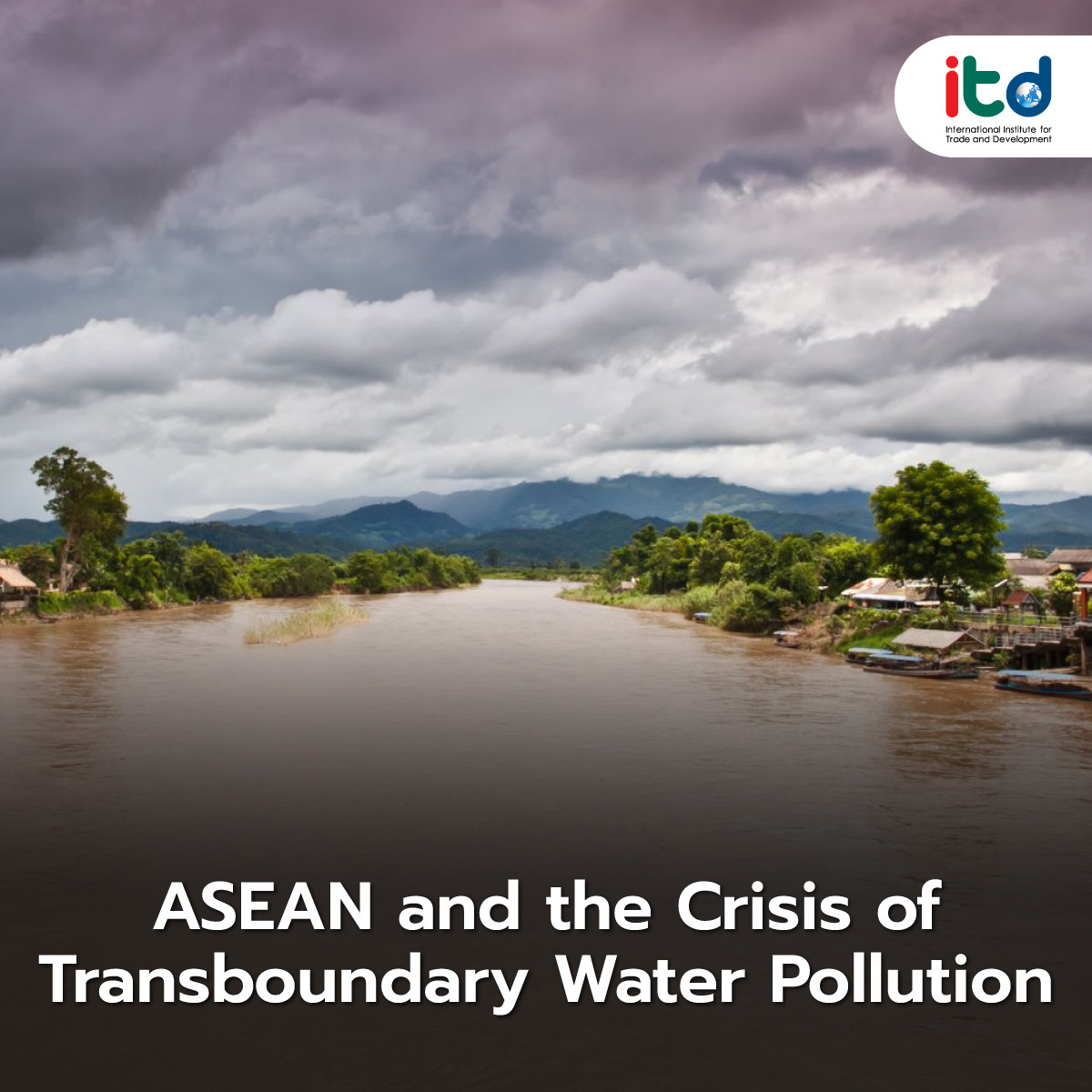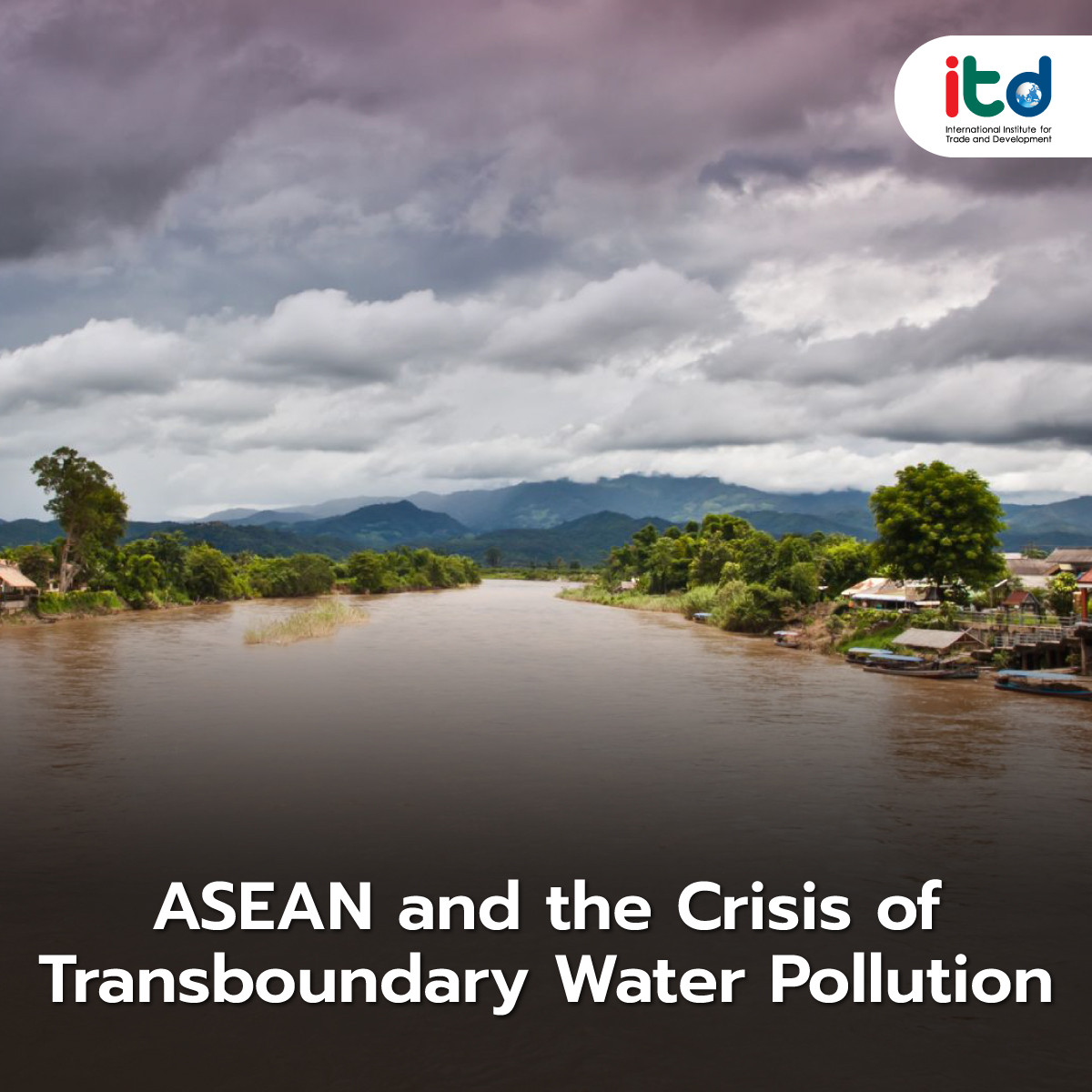About Documents
Singapore is an ASEAN member state with a strong and rapidly developing economy. It hosts numerous international organizations, businesses, and key institutions, making it an attractive target for cybercriminals and a major focus for cyberattacks.
According to data from Cyfirma, Singapore accounts for 5% of global cyberattacks, while the remaining Southeast Asian countries collectively account for 7.9%. Furthermore, Singapore is the top source of phishing in Southeast Asia and ranks fifth globally. This is due to its strong connectivity infrastructure, high-speed internet, and business-friendly legal environment, which make it a frequent proxy location for attackers from other countries.
Phishing themes in Singapore commonly involve logistics and postal scams. Due to collaborative efforts between the government and financial institutions, public awareness about banking-related fraud is high. As a result, phishing related to financial scams is relatively lower.
The Global Cybersecurity Index 2024, which assesses countries’ cybersecurity across five areas—legal, technical, organizational, capacity development, and cooperation—rated Singapore as a Tier 1 role-model country with a score of 99.86 out of 100. Singapore received full marks in four out of the five categories.
Key agencies involved in cybersecurity threats and protection include the Cyber Security Agency of Singapore (CSA), which has the authority to investigate and respond to cyber incidents; the Singapore Police Force (SPF), which handles cybercrime; and the Personal Data Protection Commission (PDPC), which oversees personal data protection.
The main laws related to cybersecurity include the Cybersecurity Act (CS), which strengthens the protection of critical information infrastructure from cyberattacks; the Personal Data Protection Act (PDPA), which governs the collection, use, disclosure, and care of personal data; and the Computer Misuse Act (CMA), which addresses computer-related crimes and outlines procedures for investigation and prosecution.
Singapore also promotes cybersecurity awareness and capacity building among the private sector through initiatives such as the SG Cyber Safe Programme, which enhances cybersecurity readiness, Data Protection Practices for ICT Systems, and Data Breach Management Guides.
For the general public, beyond books and manuals, the government has introduced the Cybersecurity Hygiene Label, which indicates the cybersecurity level of smart devices and appliances. Additionally, an AI-powered application developed by the SPF and government tech agencies can detect scam-related keywords, block scam messages and reported scam numbers.
Moreover, the CSA collaborates with global tech companies like Google and Microsoft to share cyberthreat intelligence, jointly respond to cybercrime, exchange technologies, and capacity building efforts.
These actions and policies reflect Singapore’s serious commitment to securing its digital landscape through strong cybersecurity measures and cooperation across international, public, and private sectors.
Countries with rapidly growing or emerging economies have become targets of cybercrime. Not only Singapore, but also Thailand and other ASEAN member states are facing an increase in cyber threats. Strengthening cybersecurity measures and resilience has become a critical challenge in the digital era to ensure maximum benefits from digital advancements.
Author:
Ms. Patcha Thamrong-ajariyakun
Senior Researcher
International Institute for Trade and Development (Public Organization)
www.itd.or.th
Publication: Bangkok BIZ Newspaper
Section: First Section/World Beat
Volume: 38 Issue: 12921
Date: Wednesday, Jun. 11, 2025
Page: 8 (bottom)
Column: “Asean Insight”





